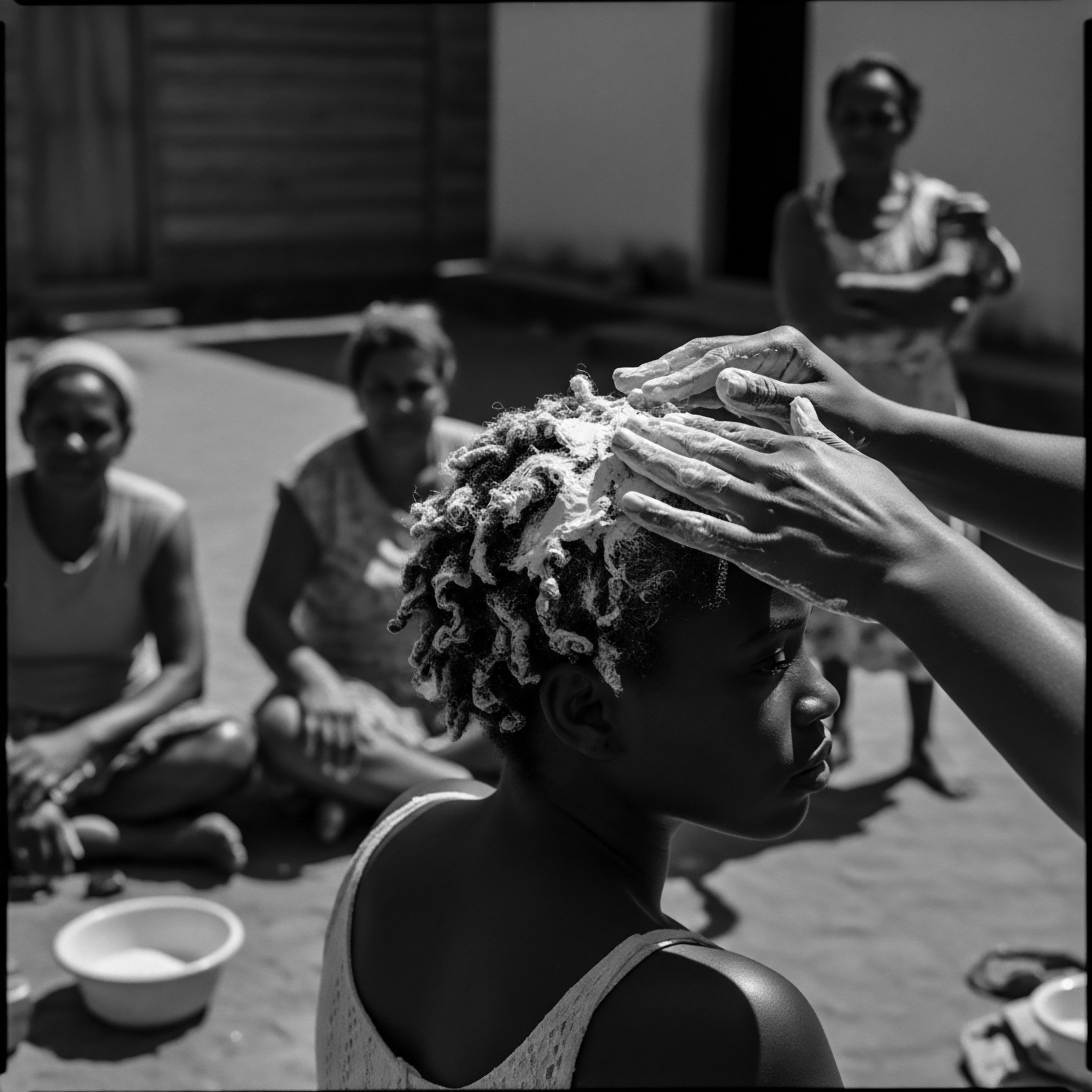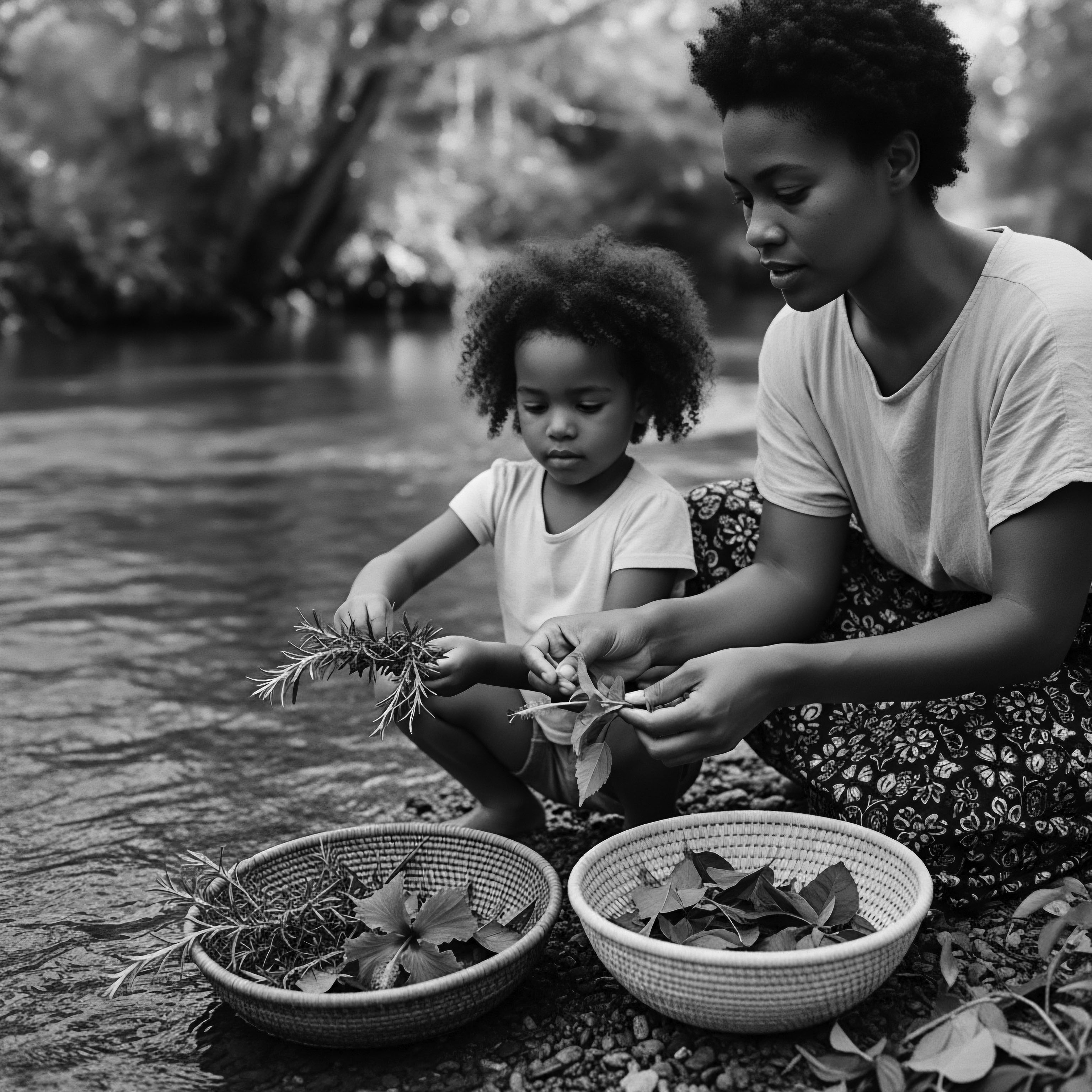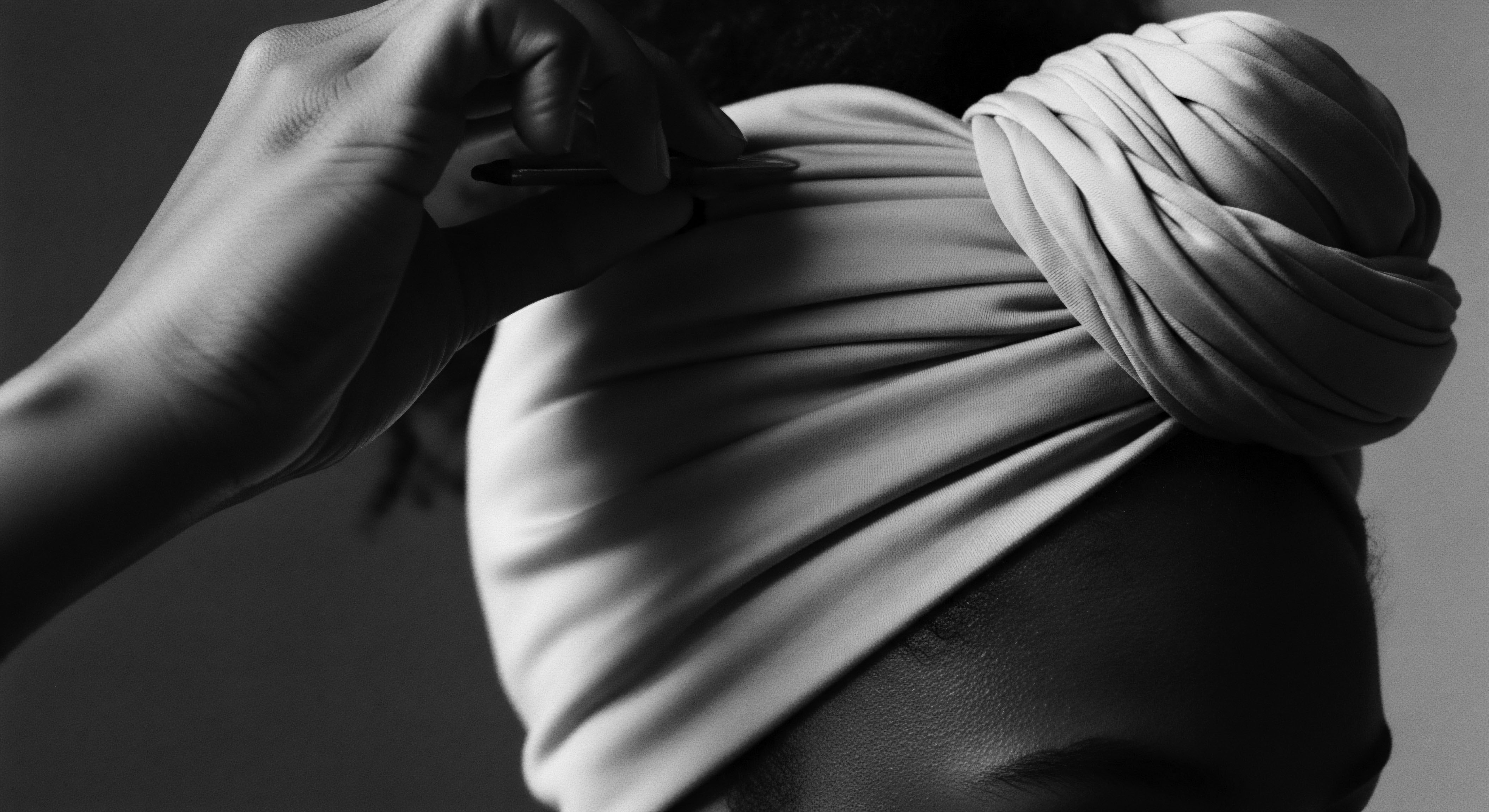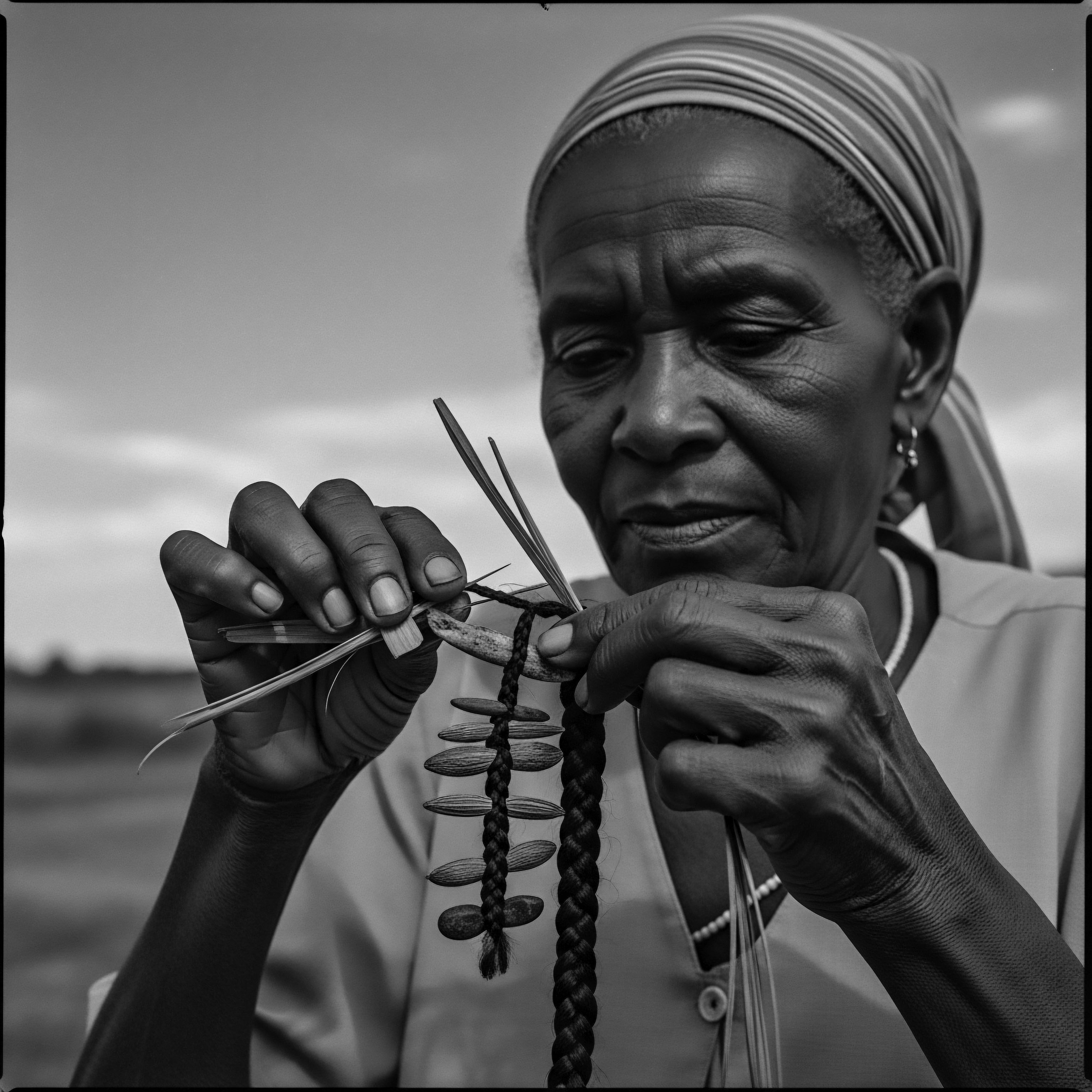
What Enduring Legacy Do These Botanical Adaptations Hold for Textured Hair Heritage?
Botanical adaptations offer a profound heritage for textured hair, rooted in ancestral wisdom and natural resilience.

What Botanical Elements Were Adapted for Textured Hair Care during the Period of Enslavement?
Enslaved people adapted local plants and repurposed provisions like castor and palm oil for textured hair care, preserving a heritage of resilience.

What Historical Adaptations Preserved Textured Hair Health?
Historical adaptations preserved textured hair health through natural ingredients, protective styling, and communal care rooted in ancestral wisdom.

Climate Hair Adaptations
Meaning ❉ Climate Hair Adaptations describe how hair's form and properties evolve and are cared for to respond to environmental conditions.

